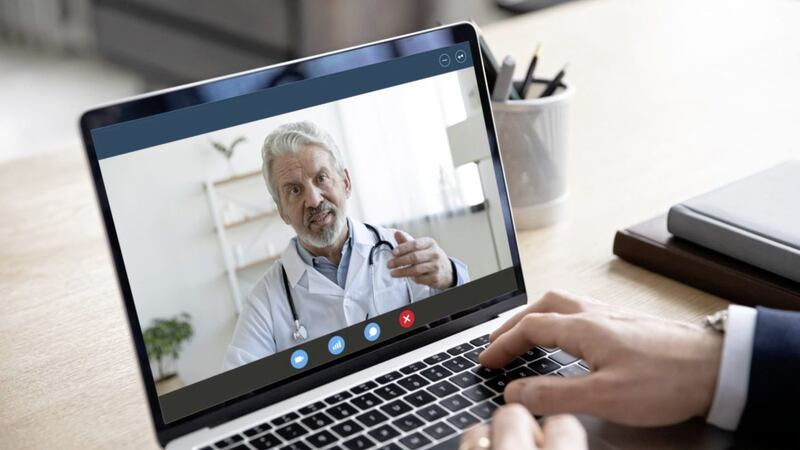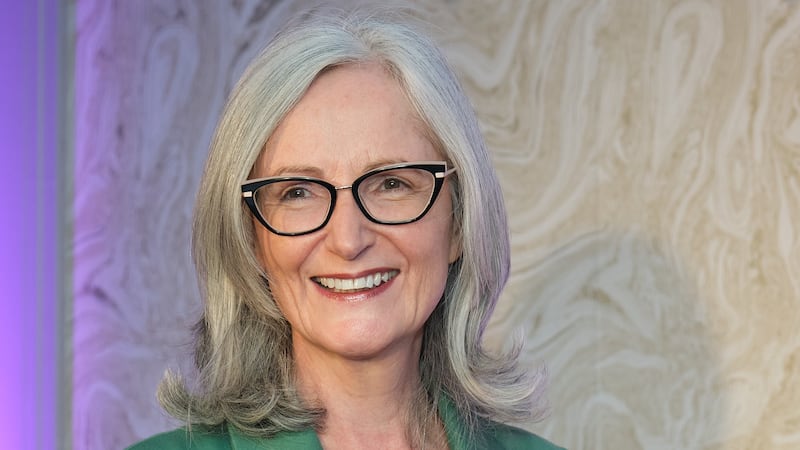IT would be an understatement for me to say that I was shocked when I read in the Daily Mail recently that Matt Hancock, the Secretary of State for Health, said the NHS must "not fall back into bad old habits following the pandemic". He was talking about face-to-face consultations.
Frankly, I was appalled. The aim of making virtual consultations the norm reveals gross ignorance and a total failure to understand how medical diagnoses and treatment are conducted.
Judgment based on observations made during a physical examination is the foundation stone of clinical medicine.
But governmental enthusiasm for the proposed new world of general practice has set me thinking: this is the opportunity for a much-needed renaissance in primary care.
Our leaders are clearly hoping - indeed expecting - that the 10 per cent of the population who are 'internet non-users' are going to die off, to be replaced by screen?obsessed, convenience-oriented generations who'll be quite happy with the sub-optimal level of care they intend to offer them.
But I foresee that what might happen is very different, and the picture is quite rosy.
As a result of doctors having to sit at screens, I think we'll see minor illness, screening and the everyday trivia of general practice being administered under the care of nurse practitioners and paramedics, for whom careful training and updating will be essential.
The new regimen will allow GPs to do the job they've spent around six undergraduate years and five postgraduate years training for. They are master diagnosticians who govern the care of patients with a number of conditions requiring a complicated combination of medicines.
Online consultations will still be one component of the way care is delivered, but spreading general medical care across the team of lower-level practitioners will allow the most vital aspect of what we all prize more than our political masters realise - skilled and experienced human involvement. A silver lining that the government didn't expect to be providing.
© Daily Mail








